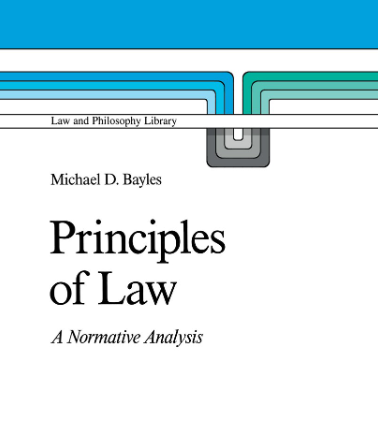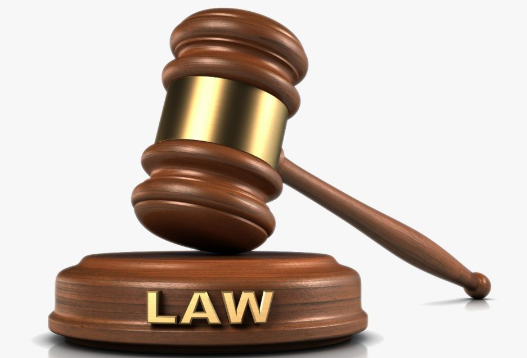In the intricate realm of jurisprudence, the principles of law serve as the bedrock upon which the legal system is constructed. These guiding principles, often referred to as the fundamental tenets of justice, provide a framework for adjudicating disputes, upholding individual rights, and maintaining societal order. As we delve into this article, we will explore the core principles of law. Therefore, elucidating their significance in ensuring fairness and equity in our legal systems.
The Rule of Law: Foundation for Justice
The cornerstone of any just society lies in the application of the rule of law. This principle mandates that all individuals, including government officials, are subject to and accountable under the law. It ensures that laws are clear, consistent, and applied impartially. In essence, the rule of law safeguards against arbitrary exercise of power, fostering a stable and predictable legal environment. Without this principle, chaos and injustice would prevail, as selective enforcement of laws would become the norm.

Equality Before the Law: No One Above Another
The cardinal principle of equality before the law highlights that the legal system should treat all individuals equally, irrespective of their background, social status, or wealth. This principle enshrines the idea that justice should be blind and impartial. It prevents discrimination and ensures that justice is meted out solely based on the merits of the case. By upholding this principle, societies work towards achieving a fair and just legal system, where the powerful are held accountable, and the vulnerable are protected.
Presumption of Innocence: Protecting the Accused
A fundamental pillar of criminal law is the presumption of innocence. This principle stipulates that a person accused of a crime is presumed innocent until proven guilty beyond a reasonable doubt in a court of law. It places the burden of proof squarely on the prosecution, requiring them to demonstrate the guilt of the accused rather than forcing the accused to prove their innocence. Moreover, this safeguard is vital in preventing wrongful convictions and ensuring that the justice system operates with caution and fairness.
Due Process: Protecting Rights and Liberties
Due process is a principle that guarantees that individuals are entitled to a fair and just legal proceeding. It encompasses various rights, including the right to a fair trial, the right to legal counsel, and the right to remain silent. Due process ensures that individuals have the opportunity to present their case, challenge evidence, and confront witnesses against them. Therefore, this principle is a critical safeguard against arbitrary actions by the government and helps maintain the integrity of the legal system.
Access to Justice: Bridging the Gap
A just legal system must be accessible to all members of society, regardless of their economic or social standing. The principle of access to justice highlights that individuals should possess the means and opportunities to pursue legal remedies for rights violations or grievances. This principle calls for affordable legal services, legal aid, and mechanisms to ensure that marginalized and disadvantaged populations have equitable access to the legal system.
Legal Certainty: Navigating a Predictable Landscape
Legal certainty is a principle that advocates for clarity and predictability in the law. It asserts that laws should be clear and easily understandable for the general public. Citizens should be able to anticipate the legal consequences of their actions. At the same time legal professionals should be able to interpret and apply the law consistently. Moreover, legal certainty not only ensures that individuals can make informed decisions but also enhances trust in the legal system.
Respect for Human Rights: A Universal Imperative
Respect for human rights is a foundational principle that underscores the inherent dignity and worth of every individual. Moreover, it requires governments and legal systems to protect and uphold the rights and freedoms of all people. This includes the right to life, liberty, and security. Therefore, this principle serves as a bulwark against tyranny and oppression. Therefore, it underscores that individuals should not use the law as a tool to violate the rights of others.
Conclusion
In conclusion, in the tapestry of our legal systems, these principles of law are the threads that bind together a just and equitable society. The rule of law, equality before the law, presumption of innocence, due process, access to justice, legal certainty, and respect for human rights collectively form the pillars upon which our legal edifice stands. Each principle plays a unique and indispensable role in ensuring that justice is not a mere aspiration but a tangible reality for all. As we navigate the complex terrain of law and justice, let us remember that these principles are not just words on paper; they are the guiding lights that illuminate the path to a fair and harmonious society.
You May Find this Information Useful:

